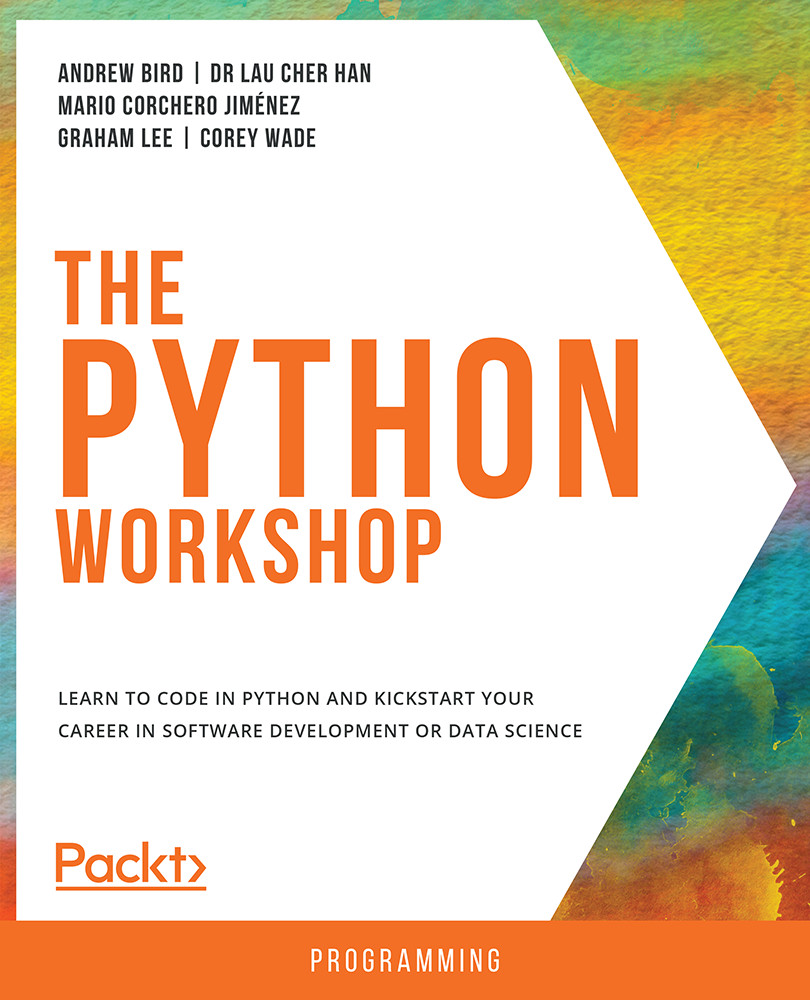-
Book Overview & Buying

-
Table Of Contents

The Python Workshop
By :

The Python Workshop
By:
Overview of this book
 Free Chapter
Free Chapter
 Sign In
Start Free Trial
Sign In
Start Free Trial


 Free Chapter
Free Chapter
Random Forests are a type of bagging method. A bagging method is a machine learning method that aggregates a large sum of machine learning models. In the case of Random Forests, the aggregates are decision trees.
Another machine learning method is boosting. The idea behind boosting is to transform a weak learner into a strong learner by modifying the weights for the rows that the learner got wrong. A weak learner may have an error of 49%, hardly better than a coin flip. A strong learner, by contrast, may have an error rate of 1 or 2 %. With enough iterations, very weak learners can be transformed into very strong learners.
The success of boosting methods caught the attention of the machine learning community. In 2003, Yoav Fruend and Robert Shapire won the 2003 Godel Prize for developing AdaBoost, short for adaptive boosting.
Like many boosting methods, AdaBoost has both a classifier and a regressor. AdaBoost adjusts weak learners toward instances that were...

Change the font size
Change margin width
Change background colour